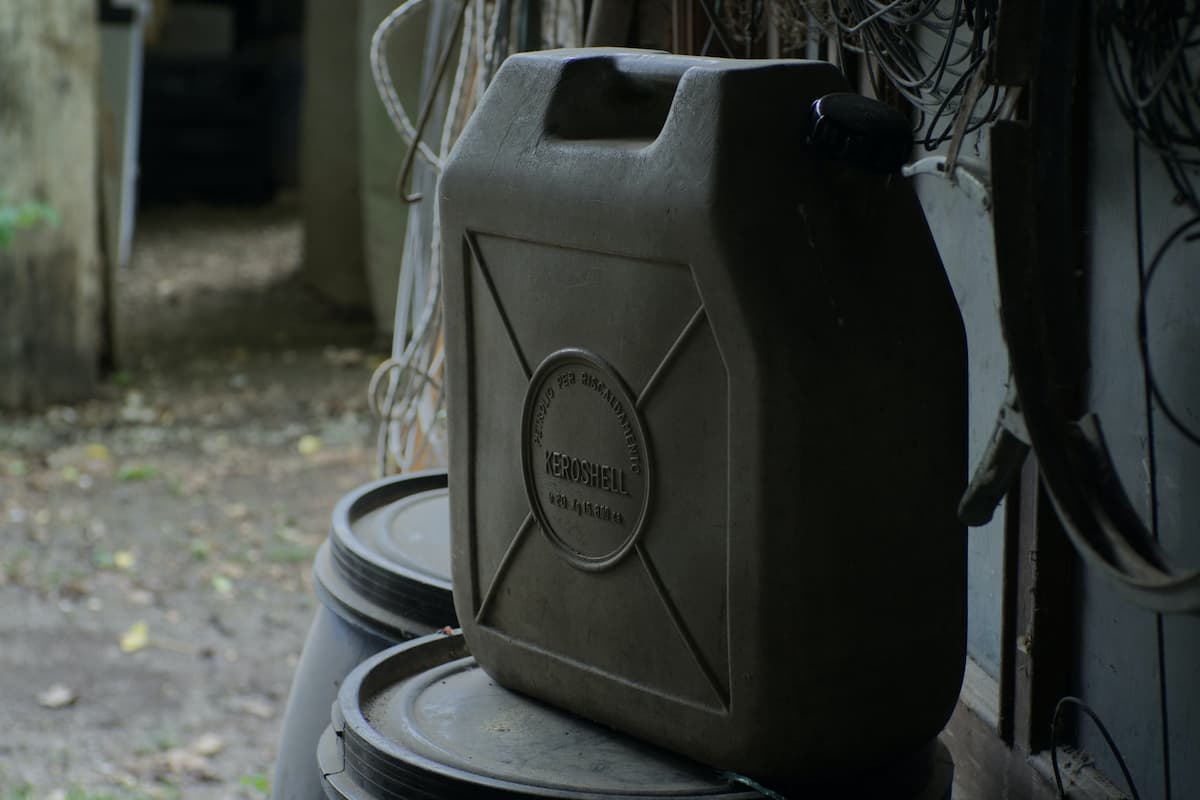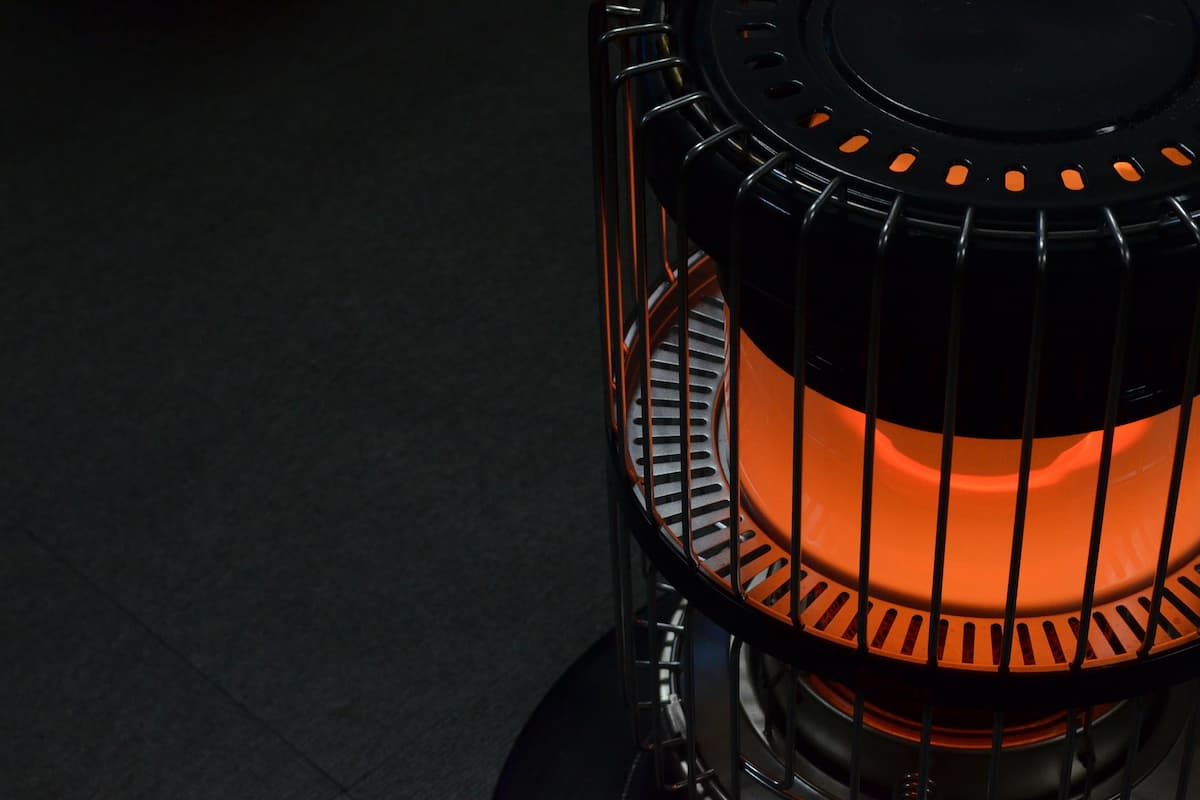Can You Use Kerosene to Kill Bed Bugs?
When you have bed bugs, you’ll do anything to get rid of them.
So, if you have ever heard that kerosene kills bed bugs, it may seem like an attractive idea.
Kerosene will kill bed bugs, and it does a pretty good job of doing so. However, kerosene is flammable and poisonous. Thus, it’s better to use safer insecticides or other methods to take care of a bed bug infestation.
Does Kerosene Get Rid of Bed Bugs?

Yes, kerosene will get rid of bed bugs.
In fact, people have been using kerosene to kill bed bugs for over 100 years.
In the past, families would dunk the legs of their beds directly into kerosene to stop bed bugs from crawling up into their mattresses.
They sometimes even doused the mattress itself in kerosene to kill the dreaded bugs.
This treatment is still commonly used in some parts of the world, and it is rather effective because of the poisonous chemicals in kerosene oil.
Should I Use Kerosene to Get Rid of Bed Bugs?
No, it’s a pretty bad idea to use kerosene to get rid of bed bugs for a number of reasons, which I will discuss in the sections below.
Kerosene Is Flammable
The most common use of kerosene is as a fuel for lanterns and jets.
And kerosene works well for these purposes because it is a hydrocarbon liquid.
Hydrocarbons, like petroleum, are flammable, which is why manufacturers often use them to make explosives.
Thus, as you can see, kerosene is a dangerous liquid you don’t want in your home.
You especially shouldn’t put kerosene on your mattress if anyone in your house smokes.
However, cigarettes and other direct flames aren’t the only causes of kerosene-related fires.
Electrical appliances can easily create small sparks, which you don’t even notice.
If this happens, the spark can quickly turn into a fire if it has kerosene to use as fuel.
The high flammability of kerosene is the primary reason most people no longer use it to kill bugs.
Kerosene Is Poisonous
Anything that kills bugs has some level of poison in it.
However, the insecticides you can buy at the store have gone through testing to ensure they are safe for use in the home as long as you follow the instructions on the bottle.
But, since manufacturers don’t sell pure kerosene for use as an insecticide, you are taking a lot more risk when you use it to kill bugs.
Basically, because manufacturers don’t make kerosene products for use on mattresses and other furniture, they don’t take enough precautions to ensure it is safe for this usage.
In fact, according to the New Jersey Department of Health, kerosene is a hazardous substance and can cause several health issues.
Some of the possible side effects of kerosene exposure include:
- Any contact with kerosene can irritate your skin and eyes.
- If you’re exposed to kerosene often or repeatedly, it can cause itchy or burnt skin.
- Kerosene can also bring about blisters or rashes on the skin.
- If you inhale kerosene, it can irritate your nose, lungs, and throat.
- Too much exposure can lead to dizziness, headache, vomiting, disorientation, and drowsiness.
- High exposure can even cause coma and convulsions.
- Kerosene could also affect your kidneys.
Because of these side effects, you don’t want to put kerosene on your mattress, where it will have a lot of contact with your skin, and you’ll be breathing in the fumes for long periods.
Kerosene Stinks
Kerosene has a distinctive oily smell that isn’t too unlike diesel fuel.
And although you may think that dealing with a bad smell is better than having bed bugs, you may reconsider when your bedroom starts smelling like an auto garage.
Also, there are many other ways of getting rid of bed bugs that don’t involve a pungent smell.
Kerosene Can Cause Allergic Reactions
Those who are allergic to kerosene will be more likely to develop some of the adverse symptoms of kerosene exposure, which I’ve listed above.
And you may not even realize you are allergic to kerosene until you come into direct contact with it when you spray it on your bed.
There is also quite a bit of research to suggest that prolonged exposure to kerosene can increase your risk of developing other allergies.
Additionally, kerosene can cause or worsen eczema and wheezing.
Do Kerosene Heaters Kill Bed Bugs?

You may think that if you shouldn’t use straight kerosene to get rid of bed bugs, then maybe a kerosene heater is the next best option.
Well, unfortunately, kerosene heaters do not eliminate bed bugs.
These heating devices can’t reach temperatures high enough to kill the vast majority of these pests.
What Heater Should I Use to Kill Bed Bugs?
Your best bet to kill bed bugs with a heater is to buy one specifically for killing bed bugs.
Yet, you can use other types of heaters as long as they can heat the entire room to a high temperature.
Overall, you need to get the affected room to at least 113°F (45°C) to kill bed bugs.
But, for best results, you should heat the room to 130°F (54°C) and keep it at this temperature for at least four hours.
This level of heat should almost certainly kill all the bed bugs in the room.
Just, of course, make sure you follow all safety instructions when you use heaters to eliminate bed bugs.
What Chemicals Best Kill Bed Bugs?
Instead of using kerosene, you should consider buying products containing pyrethrins and pyrethroids.
These chemicals are the ones most commonly used to kill bed bugs, and they are safer than kerosene.
Other chemicals that the Environmental Protection Agency has approved to kill bed bugs include desiccants (like boric acid), pyrroles, and neonicotinoids.
You can also try insect growth regulators, which either disrupt bugs’ development or ensure they can’t grow an exoskeleton.
Conclusion
Overall, kerosene will kill bed bugs, but it isn’t a great way to get rid of them.
When you use kerosene on a mattress or another piece of furniture, you increase your risk of fire.
Kerosene can also cause certain symptoms in humans and will make your house smell pretty bad.
Table of Contents
